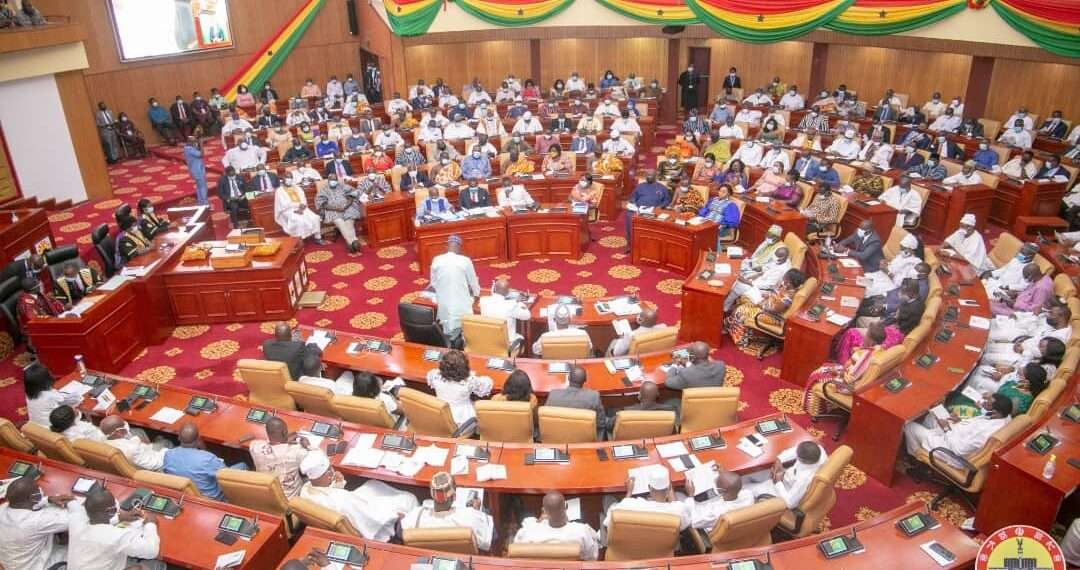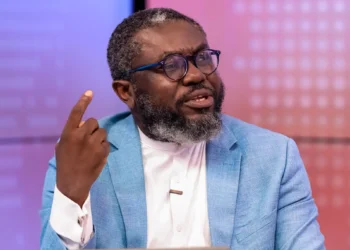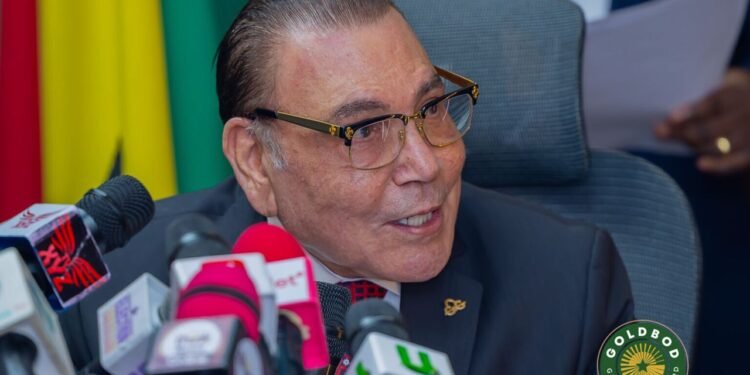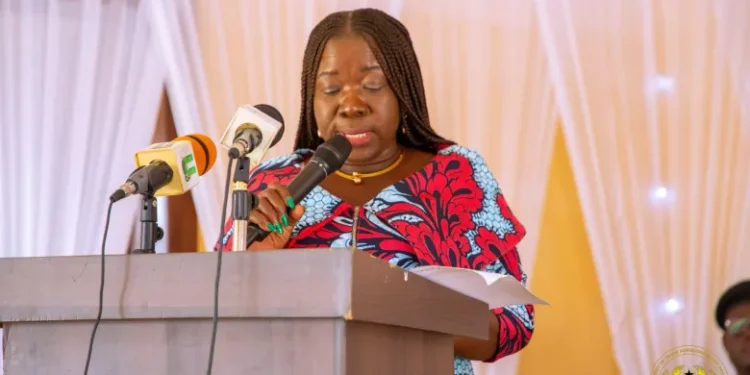For years, the appointment of Members of Parliament (MPs) as board chairmen or members of State-Owned Enterprises (SOEs) has been a contentious issue in Ghana.
In fact, the concerns surrounding MPs’ appointments to SOE boards are not new. Leading voices in civil society have consistently highlighted the inherent conflict of interest this practice creates.
The practice has drawn sharp criticism from leading civil society leaders, academics, and good governance advocates who argue that it fundamentally undermines accountability and parliamentary oversight.
Members of Parliament are elected to exercise oversight over the executive branch, including State-Owned Enterprises (SOEs).
However, when these same MPs are appointed to the boards of SOEs, critics contend that their ability to impartially scrutinize these entities is severely compromised.
This dual role according to many blurs the lines between oversight and management, leading to a dilution of accountability.
Critics have also pointed out that this arrangement allows Members of Parliament to wield undue influence over State-Owned Enterprises, often leading to poor governance and mismanagement.
Professor H. Kwesi Prempeh, Executive Director of the Ghana Centre for Democratic Development (CDD-Ghana), in his latest critique, vehemently denounced the practice, underscoring the gravity of its effect on the country’s governance practice.
Professor H. Kwesi Prempeh emphasized that appointing Members of Parliament to sit on or chair boards of State Owned Enterprises is antithetical to good governance.
According to him, any leader committed to good governance should recognize the dangers of such appointments.
“Whatever may be going on in the Ghana Gas boardroom, starting with the next Administration, we must never again allow MPs to be appointed to sit on or chair boards of state-owned enterprises and other public entities.
“Any leader who cares about good governance knows that it is a terrible practice to have MPs, who must exercise oversight of the SOE sector, among others, sit concurrently on the boards of these same entities and, worse still, chair the board”.
Professor H. Kwesi Prempeh, Executive Director of Ghana Centre for Democratic Development (CDD-Ghana)
Constitutional Violations and the Path Forward
Professor Prempeh further pointed out that Members of Parliament who chair these boards often act like “executive chairmen,” undermining the authority of Chief Executive Officers and interfering in the day-to-day management of state enterprises.
This behavior, the renowned legal scholar posited not only disrupts the operational efficiency of State-Owned Enterprises but also violates the spirit of Article 285 of the 1992 Constitution, which advocates for a clear separation of powers within public institutions.

Moreover, the Executive Director of the Ghana Centre for Democratic Development asserted that the practice of having MPs serve on SOE boards also undermines the principle of Article 285, which seeks to prevent the concentration of power and ensure a balance between governance and management.
He emphasized that despite the constitutional safeguard, successive Presidents under the country’s fourth republican democracy have continued the practice, decrying the lack of political will to enforce the principles of Article 285.
Highlighting solutions to the practice, Professor H. Kwesi Prempeh called for future administrations to exercise restraint and stop appointing Members of Parliament to chair or serve on boards of State-Owned Enterprises.
He also urged the Speaker of Parliament and the legislative body to take a firm stand against such appointments, citing Article 98(2) of the Constitution, which grants Parliament the authority to regulate the conduct of its members, a power that should be used to disallow MPs from sitting on SOE boards.
Professor H. Kwesi Prempeh’s critique is a powerful call to action for Ghana’s political leadership and legislative body. His remarks underscore the urgent need for structural reforms to ensure that the governance of SOEs aligns with the principles of accountability and effective oversight.
It is very important to state that the very essence of parliamentary oversight is to ensure that SOEs and other governance agencies under the executive operate efficiently and in the public interest, and once Members of Parliament are entrenched in the management structures of these enterprises, their oversight role is effectively nullified.
It is therefore imperative that political leaders in the country heed this call and take decisive steps to end the practice of appointing Members of Parliament to State-Owned Enterprises as board chairmen or members.
This change is not just about adhering to constitutional principles; it is about ensuring that public enterprises are managed efficiently and in the best interest of the public.
READ ALSO: Social Commentator Questions Ghanaian Media’s Journalistic Ethics























